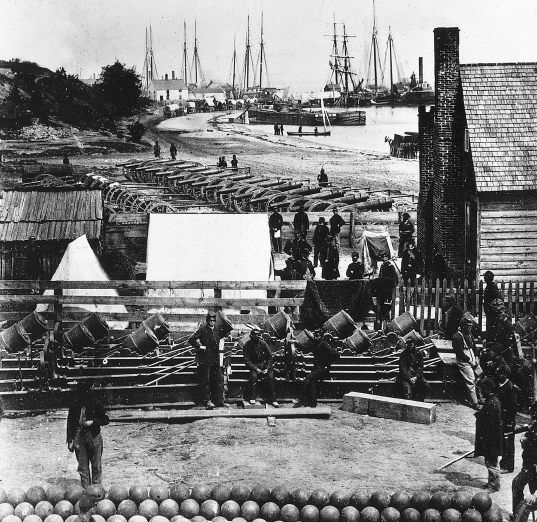Why did each side expect to win?
Printed Page 427

ONLY SLAVEHOLDERS had a direct economic stake in preserving slavery, but most whites in the Confederacy defended the institution, the way of life built on it, and the Confederate nation. The degraded and subjugated status of blacks elevated the status of the poorest whites. “It is enough that one simply belongs to the superior and ruling race, to secure consideration and respect.” Moreover, Yankee “aggression” was no longer a mere threat; it was real and at the South’s door.
For Northerners, the South’s failure to accept the democratic election of a president and its firing on the nation’s flag challenged the rule of law, the authority of the Constitution, and the ability of the people to govern themselves. As an Indiana soldier told his wife, a “good government is the best thing on earth. Property is nothing without it, because it is not protected; a family is nothing without it, because they cannot be educated.”
Northerners and Southerners rallied behind their separate flags, fully convinced that they were in the right and that God was on their side. Yankees took heart from their superior power, but the rebels believed they had advantages that nullified every northern strength. Both sides mobilized swiftly in 1861, and each devised what it believed would be a winning military and diplomatic strategy.
KEY FACTORS
Confederate Expectations
- – “King Cotton” could help create alliances based on Europe’s (especially Britain’s) reliance on cotton imports.
- – Defensive war strategy meant the South could win simply by outlasting the Union.
- – President Jefferson Davis was an experienced military commander.
Union Expectations
- – Superior navy could blockade trade between the Confederacy and Europe.
- – Superior numbers meant a larger army.
- – Greater industrial capacity meant a stronger army.
- – President Abraham Lincoln appointed well-qualified men to key positions in government.